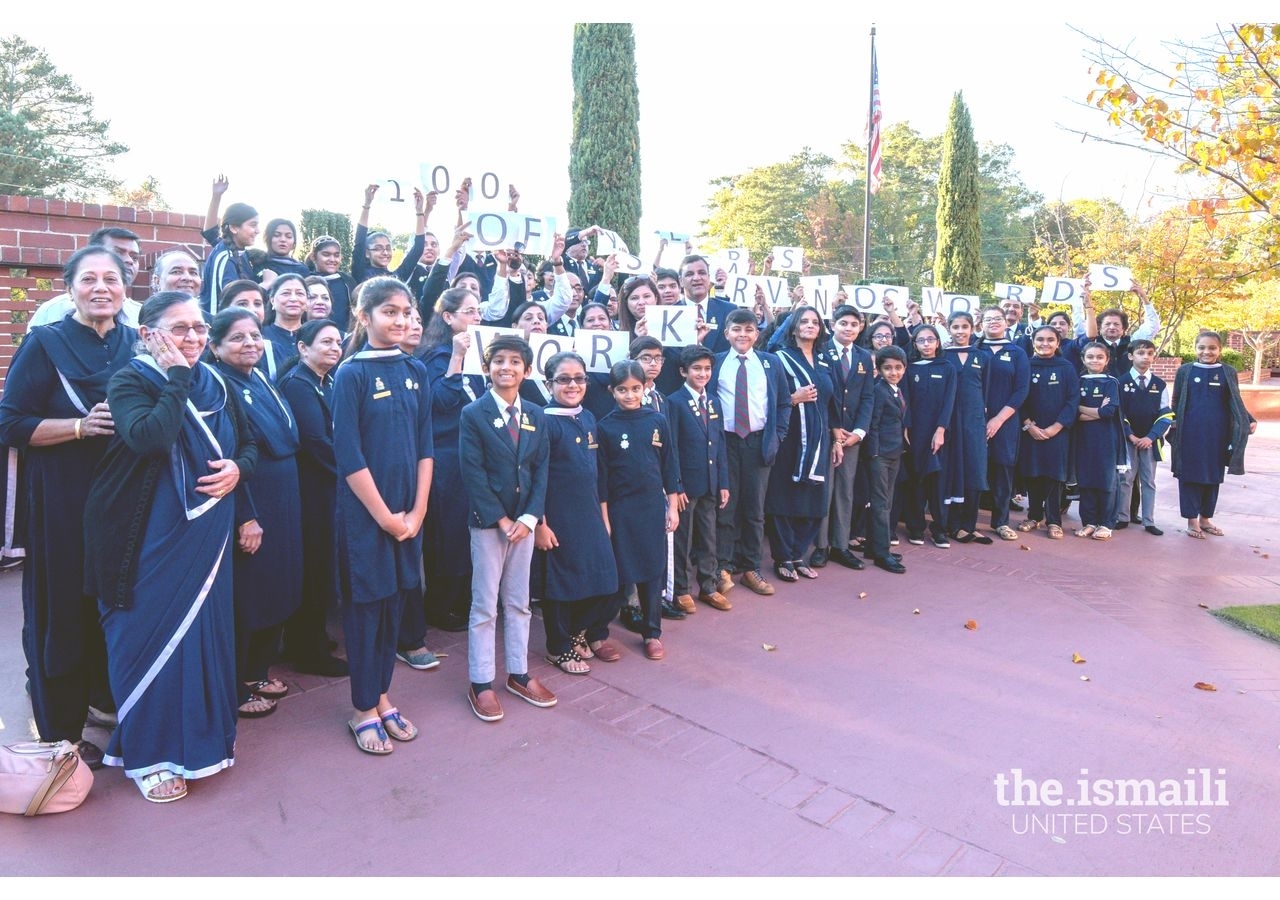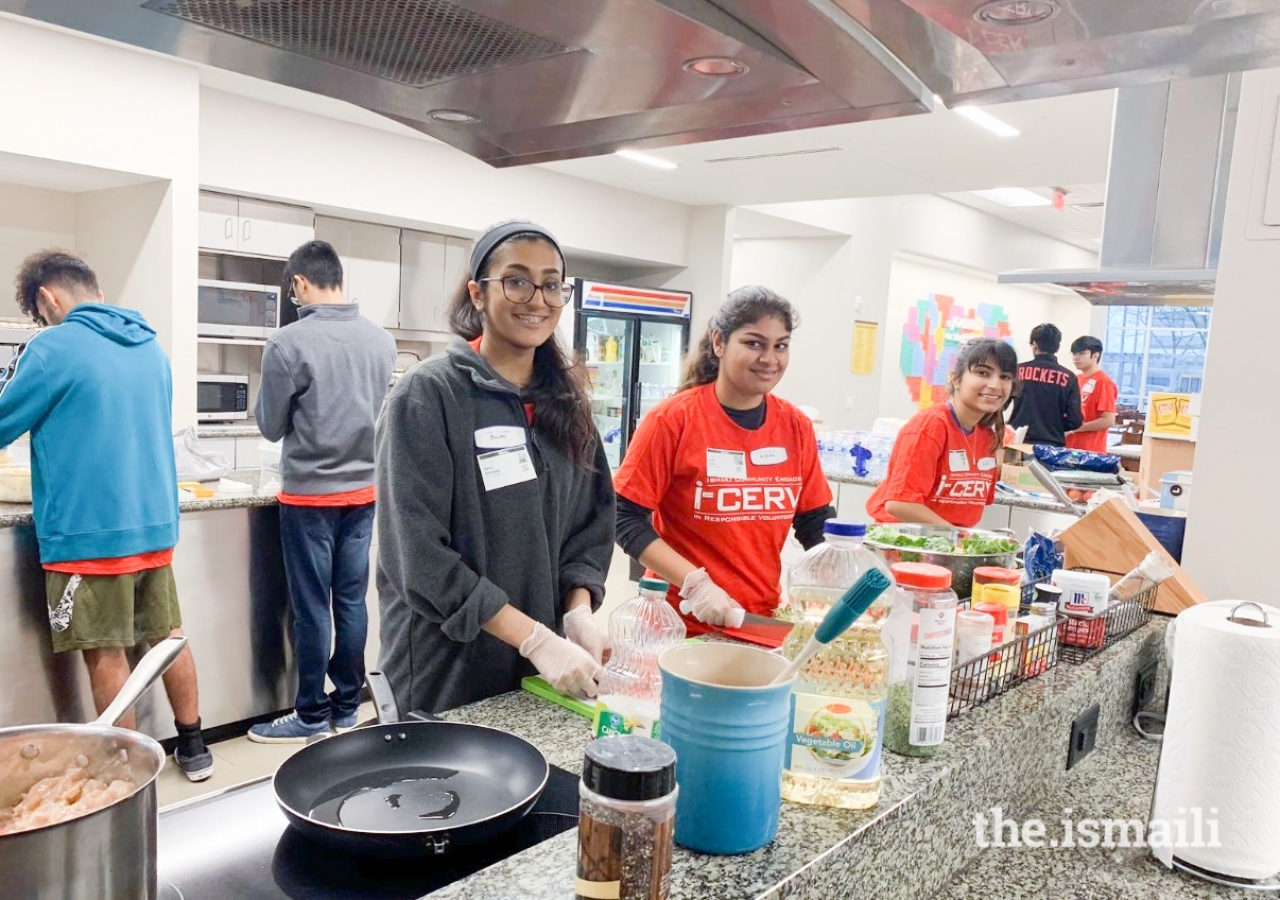In seventh-century Arabia, a woman was carrying water from the river to her house. A man came over to help her. She explained to him, “Since my husband died fighting in the army of Imam Ali, I have been left to raise my children alone with no help.”
Moved by this woman’s difficulties, the man started helping her. Every day, he would fetch water and food, and take care of her children while she worked.
One day, a neighbor saw the man in the woman’s house and asked her, “Do you know who that is playing with your children?” The woman responded that she did not.
“It is Amir ul-Mumineen, Imam Ali,” the neighbor exclaimed.
The woman was astounded. She went to Imam Ali (alayhi-s-salaam) to seek forgiveness for making him work. The Imam responded that it was his responsibility to take care of those whom no one else was taking care of.1
In this example, we not only see the initial intervention where Imam Ali volunteered to help an elderly woman, but also how, upon learning that she had no other support after her husband’s death, decided to take action. What is remarkable is that instead of assigning servants to her, the Imam himself helped her in the most mundane of tasks, without regard to his stature.
Imam Ali’s action signifies service as a deep expression of faith. The Qur’an entreats us to help those around us, noting its potential to bring us closer to Allah. In Surah al-Ankabut, Ayat 69, Allah says,
“And as for those who strive in our path – We will surely guide them in Our ways. Indeed, Allah is with the muhsinin.”2
While many consider muhsinin to be “those who are virtuous,” another view suggests that to be virtuous can also mean “to be of service to others.” Our beloved Prophet Muhammad (salla'l-lahu alayhi wa-aal-hi wa-sallam) similarly guided us on the importance of serving our fellow brethren and its benefits in the hereafter.3
As Ismailis, we have adhered to this ethic of service in various ways throughout history. From the da’is in the tenth-century4 Fatimid courts to I-CERV and the youth clubs in our Jamatkhanas today, we have given of ourselves to improve the lives of others within and beyond our community.
Nearly a century ago, Imam Sultan Mahomed Shah (alayhi-s-salaam) institutionalized this tradition of service in the form of the Young Volunteer Corps. The following year, the first ever Ladies Volunteer Corps was formed. These organized service efforts spread quickly as Jamati members from Bombay to Kisumu joined the Corps to serve the Imam.
During the Golden Jubilee, Hazar Imam introduced the Time and Knowledge Nazrana. Through this endeavor, Ismailis across the world have had an opportunity to share their expertise and knowledge with their sisters and brothers in different countries, benefiting them and the communities in which they reside.
Service, however, extends beyond these formalized channels. Members of our Jamat give of themselves in various capacities every day, from teaching our young children in ECD and REC to serving on local city councils and volunteering at food banks. Our beloved Imam has recognized these multiple ways of service.
Through service we express our love for our Imam and hope to acquire intimacy with Allah. It is a way for us to enact our humanity. Service also provides us with an opportunity to get to know each other and form bonds of brotherhood and sisterhood. Let us re-commit to maintaining this wonderful tradition.
1 Hussein Rashid (2017). Truth, Justice, and the Spiritual Way: Imam Ali as Muslim Super-Hero. In Muslim Superheroes: Comics, Islam, and Representation, edited by A. David Lewis, and Martin Lund.
2 Seyyed Hossein Nasr, The Study Quran, 2015, p. 983.
3 Hadith as quoted in Sahih Muslim and Sahih Bukhari, p. 179. Click here.
4 For more, please read: The Fatimids and their Traditions of Learning. Click here.









